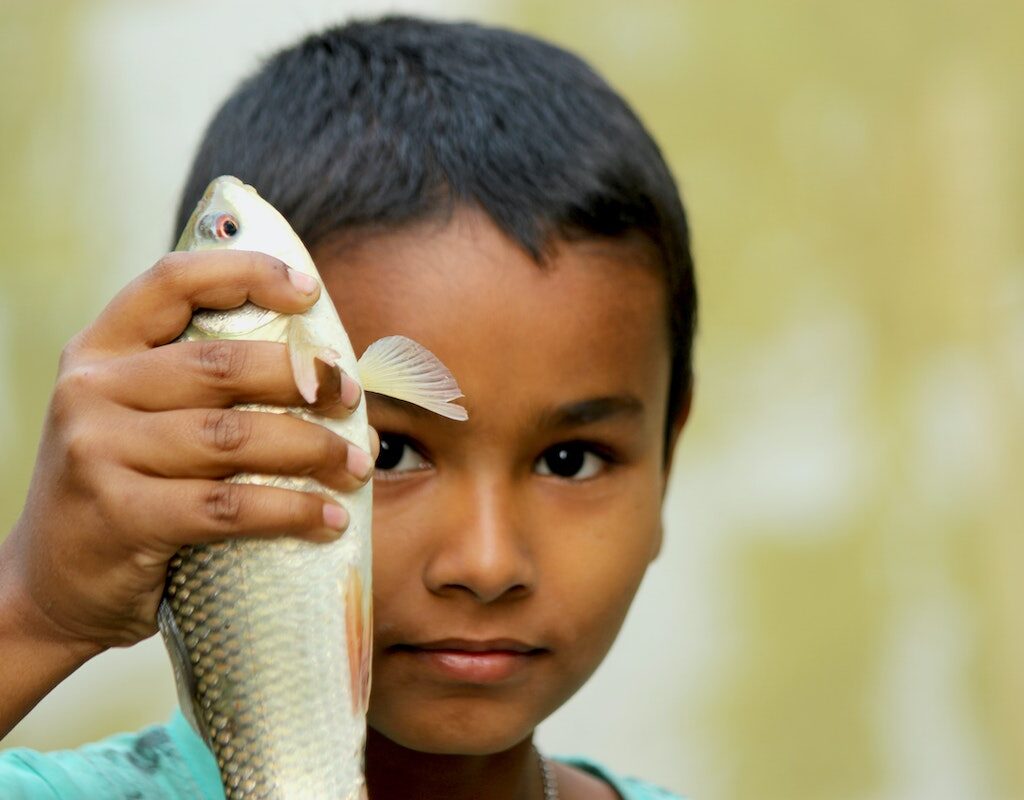Emotional intelligence and resilience are essential skills for children to develop as they grow and navigate the complexities of the world. Emotional intelligence is the ability to recognize and manage one’s own emotions and those of others, while resilience is the capacity to bounce back from adversity and persevere in the face of challenges. In this article, we will explore why emotional intelligence and resilience are important for children, and how parents and educators can help children develop these skills.
The importance of emotional intelligence in children cannot be overstated.

- Children who have developed emotional intelligence are better able to understand and regulate their emotions, communicate effectively with others, and navigate social situations. They are also more likely to have stronger relationships, both personal and professional, throughout their lives.
- One way to help children develop emotional intelligence is to model it ourselves as parents and educators. We can teach children to recognize and express their emotions in healthy ways by doing so ourselves. For example, if we are feeling frustrated, we can say “I’m feeling frustrated right now because X happened, but I’m going to take a deep breath and think about how to handle this situation.” By modelling this kind of emotional awareness and regulation, we can help children learn to do the same.
- Another way to help children develop emotional intelligence is to provide them with opportunities to practice empathy and perspective-taking. This might involve talking to them about how others might be feeling, asking them to put themselves in someone else’s shoes, or encouraging them to consider multiple perspectives on a given situation. By practising empathy and perspective-taking, children can develop a deeper understanding of others and become more compassionate and inclusive individuals.
Resilience is another key skill for children to develop. Resilient children are better able to cope with stress, adversity, and setbacks. They are more likely to persevere in the face of challenges and develop a growth mindset, which is the belief that their abilities can be developed through hard work and dedication.

- To help children develop resilience, it is important to provide them with opportunities to practice problem-solving and decision-making. This might involve giving them age-appropriate challenges and encouraging them to come up with creative solutions, or allowing them to make their own decisions (within reason) and learn from the consequences. By giving children these kinds of experiences, we can help them develop a sense of agency and control over their lives, which can be a powerful protective factor against stress and adversity.
- It is also important to help children develop a growth mindset by praising their effort and persistence rather than their innate abilities. When children believe that their abilities can be developed through hard work and dedication, they are more likely to persevere in the face of challenges and view setbacks as opportunities for growth and learning.
- In addition to these strategies, there are many resources available to parents and educators to help children develop emotional intelligence and resilience. For example, there are books, videos, and online courses that can teach children about emotions, empathy, and problem-solving skills. There are also programs and interventions that have been shown to be effective in promoting emotional intelligence and resilience in children, such as mindfulness-based programs, social-emotional learning curricula, and positive psychology interventions.
In conclusion, emotional intelligence and resilience are essential skills for children to develop as they grow and navigate the complexities of the world. By helping children develop these skills, we can set them up for success in their personal and professional lives, and help them become more compassionate, resilient, and adaptable individuals. As parents and educators, we have a critical role to play in supporting children’s emotional and psychological development, and by doing so, we can help them thrive in all aspects of their lives.
Check out our article on 12 ways to foster creativity in your kids.
Thanks for reading😊

